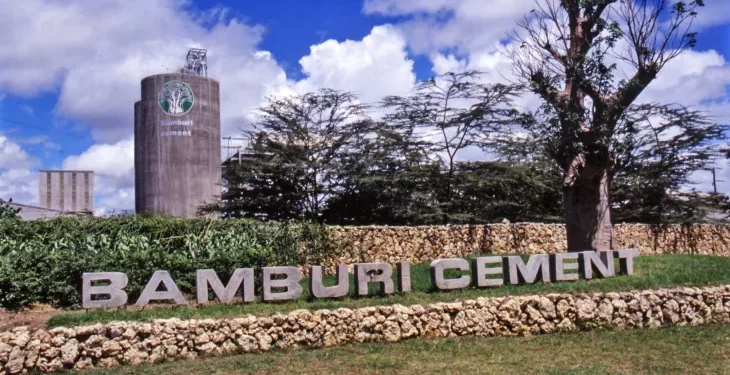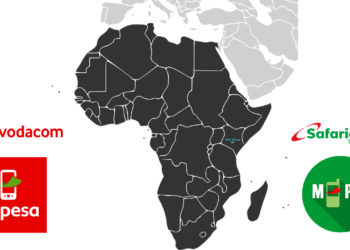Tanzania’s Amsons Group has made a bold move into the East African cement market with a (KES 23 billion) $180 million offer to acquire up to 100% of Kenya’s Bamburi Cement from Swiss building materials giant Holcim. The deal, if successful, would mark one of the largest cross-border acquisitions in East African history.
Amsons Industries (K) Ltd, the Kenyan subsidiary of the Tanzanian conglomerate, has issued a notice of intention to launch a public take-over offer for Bamburi Cement PLC (NSE: BAMB) at Sh65 per share. The offer represents a premium to Bamburi’s closing price on the Nairobi Securities Exchange on July 9, 2024.
The proposed acquisition underscores the growing economic integration within the East African Community (EAC) and highlights the ambitions of regional players to expand beyond their home markets.
Edha Nahdi, Managing Director of Amsons Group, emphasised the strategic importance of the deal: “We have great plans to deepen our investment in Kenya and in Bamburi. This proposed cross-border acquisition will strengthen our position in the East African cement sector, aligning with regional economic development and market integration goals.”
Amsons Group, a family-owned business founded in 2006, has rapidly diversified from its roots in petroleum products distribution. The conglomerate now boasts an annual turnover exceeding $1bn, with interests spanning cement manufacturing, wheat milling, and logistics across several African countries.
The bid for Bamburi Cement follows Amsons’ recent acquisition of Holcim’s 65% stake in Tanzania’s Mbeya Cement Company, completed after receiving regulatory approvals. This latest move signals the group’s intent to become a major player in the East African construction materials market.
Martin Kriegner, Holcim’s Regional Head of Asia, Middle East & Africa, commented on the proposed sale: “This agreement to sell our stake in Bamburi Cement advances Holcim’s strategy of extending our leadership in our core markets as the global leader in innovative and sustainable building solutions.”
For Holcim, the divestment aligns with its broader strategy of focusing on core markets and sustainable building solutions. The Swiss company has been restructuring its global portfolio in recent years, selling assets in some regions while strengthening its position in others.
The potential change in ownership of Bamburi Cement, a blue-chip company on the Nairobi Securities Exchange, could have significant implications for Kenya’s construction sector and capital markets. Amsons Group has pledged to build on the foundation established by Holcim, leveraging its experience in cement manufacturing and distribution.
“To produce our Cement, we deploy world-class cement manufacturing technology that has afforded us sustained market growth and partnerships as the preferred supplier of choice to leading building and construction sector players,” Nahdi said. “We intend to replicate our success in Kenya by building on the solid foundation already set by Holcim at Bamburi Cement.”
The bid also signals Amsons Group’s broader ambitions in Kenya. Nahdi revealed plans for further investments in other industries in the coming months, potentially heralding a new era of Tanzanian corporate expansion into East Africa’s largest economy.


















